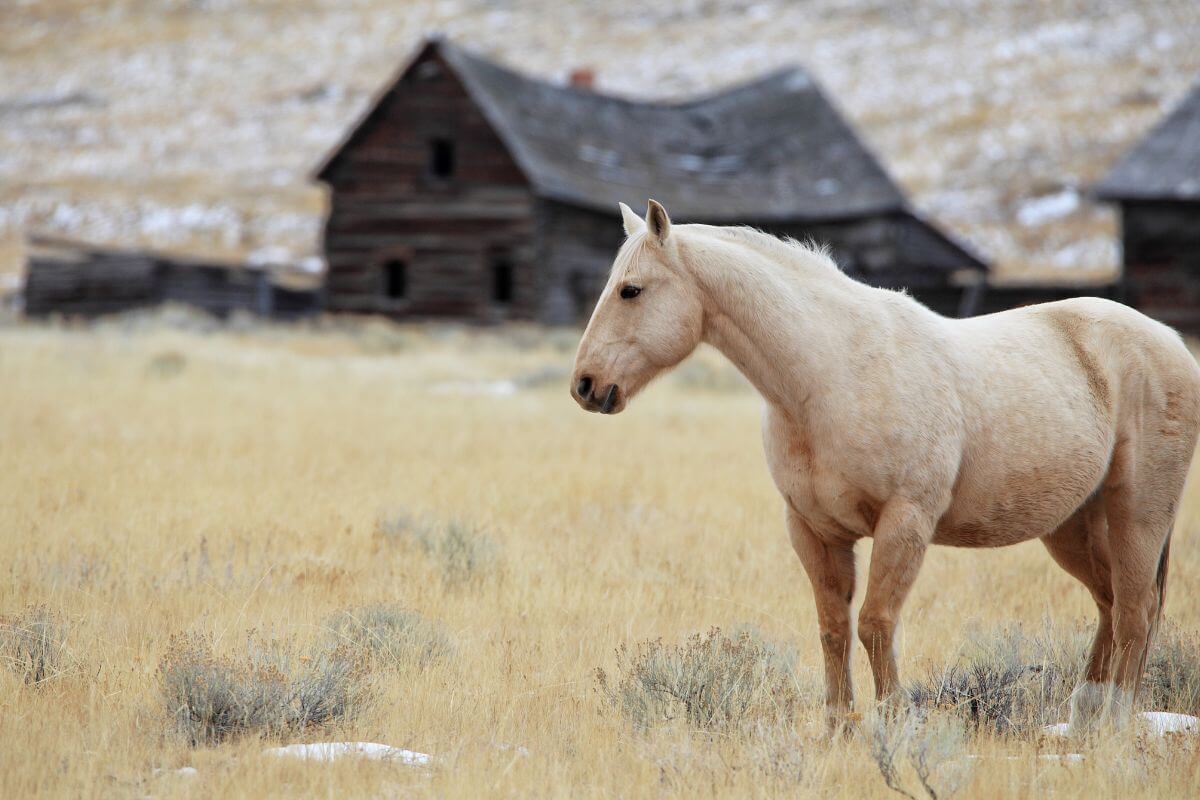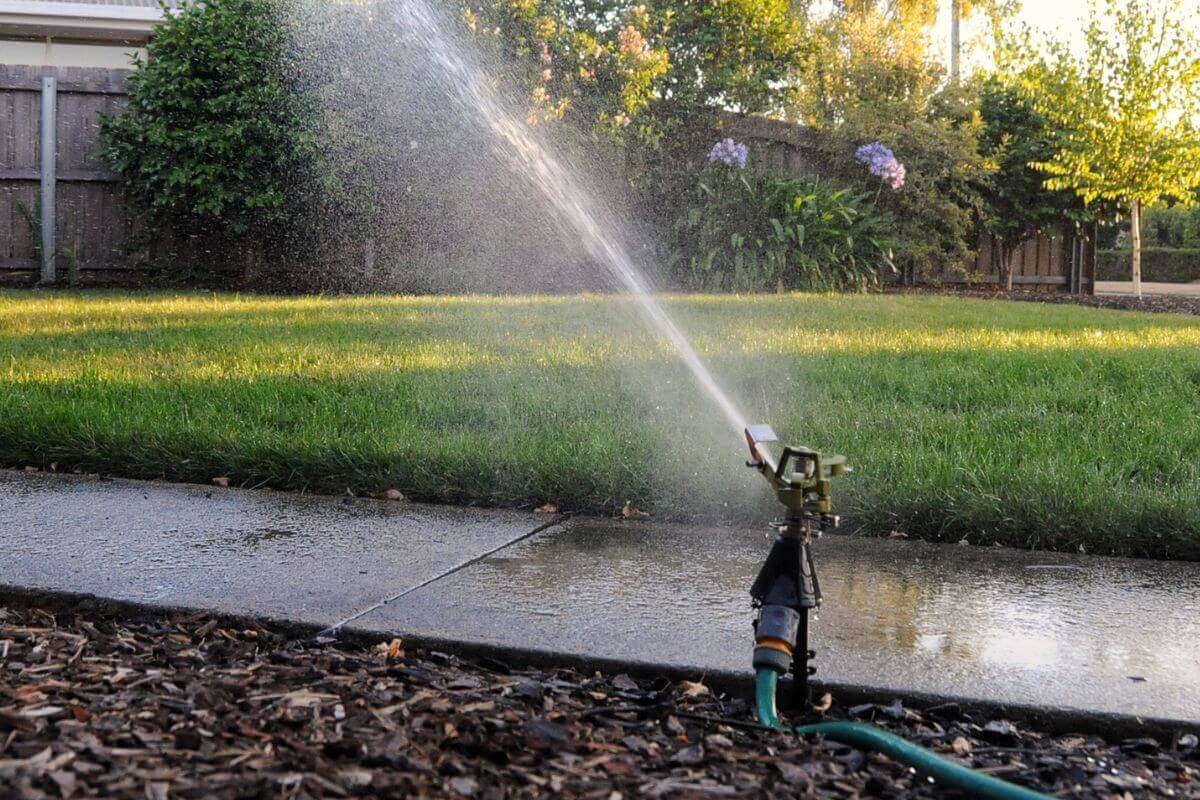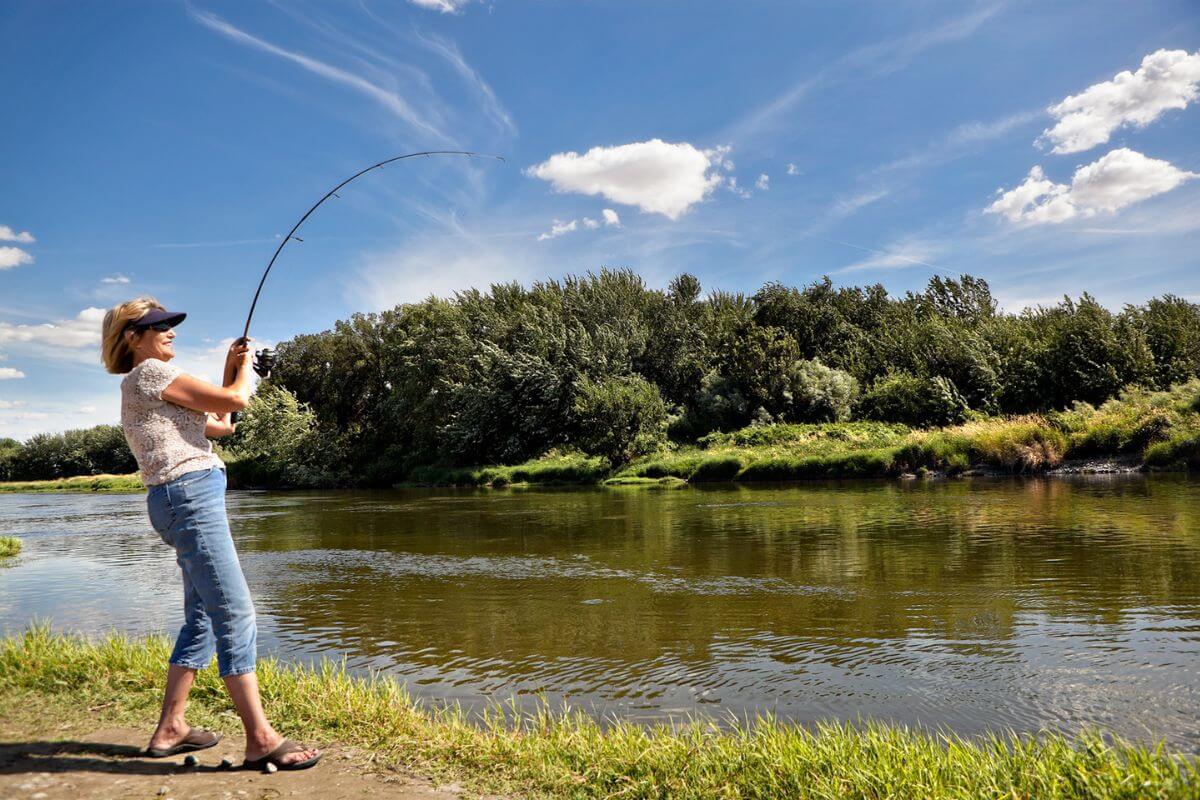Are you ready for a wild ride through the world of Montana law? Trust me, you’re in for a treat. In this article, I’m going to uncover some truly bizarre and head-scratching laws that exist in the Treasure State.
Now, I know what you’re thinking. “Why would I care about weird laws in Montana?” Let me tell you why. First of all, exploring the quirky side of different places is always fascinating.
But beyond that, these laws give us a glimpse into the rich history and traditions of the state. You might even find yourself chuckling at some of the absurdity! It’s not just about amusement.
Understanding these strange regulations can also help you navigate Montana with ease. After all, the last thing you want is to unknowingly violate one of these laws and find yourself in a sticky situation.
- Related article: Montana Legal Basics
Consider this article your guide to avoiding any unintended misdemeanor mishaps. Now, sit tight, buckle up, and let’s dive into the weird world of Montana laws together!
Montana’s Weird Laws

Let’s take a dive into the eccentric and often nonsensical world of Montana’s legal fabric, where you’re more likely to be penalized for entering a bar while on horseback than for jaywalking.
As I reveal a few of these peculiar statutes, remember to take them with a pinch of salt; they might not be enforced as strictly as you’d expect.
Read on and raise an eyebrow at some of the laws that often leave people scratching their heads and muttering, “Only in Montana.”
1. Billings: No Pet Rats Allowed

Billings, the largest city in Montana, has a rather peculiar law that bans pet rats within city limits.
According to Sec. 4-304 of Billings city code, it is explicitly stated that owning, selling, or raising rats is against the city ordinance unless they are intended as feed for birds of prey or reptiles.
2. Horsing Around in Montana Bars

Montana is a rugged land filled with stunning vistas, wild adventures, and some rather peculiar laws, like the strange prohibition against bringing a horse into a bar.
Now, you might be thinking, “Why on earth would anyone want to bring a horse into a bar in the first place?” And fair enough, that is a valid question. This law, bizarre as it might seem, serves a purpose.
Historically, cowboys had a penchant for riding their trusty mounts through saloon doors. It was a maneuver that kept their horses safe and within quick reach.
Mixing boozed-up humans, rowdy horses, and fragile glassware was a recipe for disaster. I can only imagine a bartender’s frustration, swabbing not just spilled beers but also horse slobber off the counters.
So, the state stepped in, past the no-nonsense cowboys, and said, “Neigh. No more horseplay in our drinking establishments.”
3. No Skunks Allowed in Montana

Montana has a specific regulation known as “No Skunks Allowed.” In the health and safety regulations, a “wild animal” is defined to include skunks due to their potential to transmit rabies.
So, to ensure the safety and well-being of both humans and animals alike, Montana restricts the possession of certain animals, including skunks, foxes, raccoons, and bats.
By doing so, Montanans hope to minimize the risk of rabies transmission within the state.
4. Sheep Truck Chaperone Law

In the Big Sky Country, it is explicitly forbidden to have a sheep “in the cab of your truck” without a diligent chaperone by its side. It’s an oddly specific law that raises many questions.
That said, it remains acceptable to transport these animals in a vehicle designed for the carriage of livestock.
The essence of this law lies in the prevention of any sheep-induced chaos on the roads. Imagine a free-roaming sheep in the cab of a truck, prancing, causing a distraction, and potentially leading to accidents.
A chaperone is the key to maintaining order and safeguarding road safety. This companion ensures that the sheep remains under control and doesn’t impede the driver’s ability to navigate highways carefully.
5. Helena’s Sidewalk Water Sprinkler Suppression

In Helena, using lawn sprinklers or watering systems in a manner that causes water to splash onto streets or sidewalks is strictly prohibited. No splish or splash is allowed when it comes to public spaces!
This rule is in place to safeguard the convenience and comfort of those navigating the capital city’s picturesque pathways. Nobody wants to be caught off guard by an impromptu shower, right?
To avoid any potential fines or penalties, keep those water droplets confined to your own green haven and spare the passersby from unwanted wet surprises.
6. Montana’s Paddlefish Caviar Legalization

On March 2, 1989, House Bill 289 was introduced, seeking to legalize the collection, processing, and sale of paddlefish eggs for caviar production in Montana.
The objective was to reduce the waste of this natural resource and enhance its value within the state.
Montana historically opposes commercializing key fish and wildlife species, valuing them as public assets primarily enjoyed for sportsmanship, wildlife viewing, and broader public advantages.
So, the idea of turning paddlefish eggs, a delicacy coveted by culinary connoisseurs, into a commoditized product, clashed with this deeply embedded value.
7. Billings’ Explosive City Council Ban

The open carry law in Montana explicitly forbids the possession of weapons, firearms, and even explosives at city council proceedings, particularly in Billings. This ban finds its authority in Section 45-8-351 of the Montana Code Annotated.
It is a crucial piece of legislation aiming to maintain a safe and secure environment for all involved.
By barring the presence of weapons and explosives, it ensures that council proceedings unfold without any untoward incidents spoiling the democratic spirit.
8. Montana’s Nocturnal ‘Folf’ Folly

According to Ordinance 2797, passed on June 23, 1997, embarking on a folfing adventure or even daring to hurl a golf disc into the night air is forbidden in any region not deemed an approved folf course.
Maybe the city council anticipated wayward frisbees disrupting the night’s peace or wanted to avoid surprising pedestrians during this nighttime folfing fun.
Debunking Weird Montana Laws: Exposing Fake News

Montana has its fair share of peculiarities, but let’s set the record straight: not all the so-called “weird laws” are legitimate.
In this section, I’m here to debunk some of the more outlandish claims and separate fact from fiction.
So, the next time someone tells you that women in Montana are not allowed to go fishing on Sundays, you can confidently respond with a resounding “That’s just fake news!”.
1. Montana’s Fishing Rules for Women

There have been rumors that it is illegal for married women to go fishing alone on Sundays, and unmarried women are completely banned from fishing alone.
Upon conducting research, I found no evidence to support fishing regulations targeting women. Montana’s 2021 Fishing Regulations contain no provisions restricting women from fishing alone.
Even the corrections for the printed booklet, which address any updates or amendments to the regulations, make no mention of such discriminatory measures.
It is essential not to fall for clickbait and sensational claims. Montanans, including both married and unmarried women, are free to enjoy fishing whenever they wish, regardless of the day of the week.
2. Outdated Law: Shooting 7 Indians

The notion that in Montana, shooting 7 or more Indians is considered lawful is nothing more than a grotesque fabrication. Let’s set the record straight, folks.
While an archaic 19th-century law mentions ‘Indians’ in relation to raiding or war parties, it’s essential to emphasize that this law is now obsolete and does not reflect societal standards in the state.
In fact, it is highly doubtful that this law was ever enforced and does not permit any form of discrimination or violence based on ethnicity.
3. Montana Missionary-Style Mandate

The notion that it is illegal for a couple to engage in any sexual position other than the missionary style is not accurate. Such a mandate does not exist in Montana or in any other state across the U.S.
Moreover, matters of sexual conduct are usually considered private affairs, allowing individuals the freedom to engage in various consensual activities without interference from the government.
While laws regarding sexual conduct may vary by state, they generally revolve around matters of consent, age, and preventing sexual exploitation and harm, rather than specifying positions or practices.
4. Montana’s Felonious Film Fiasco

If you’ve ever found yourself glued to a classic crime movie, you might be surprised to hear that there’s a rumor about it being a misdemeanor to show movies depicting acts of felonious crime in Big Sky Country.
When it comes to regulating film content, Montana, like most states, adheres to federal laws, primarily focused on copyright and obscenity, rather than micromanaging the content of movies.
The alleged law regarding felonious films seems to fall into the realm of “weird laws” – those curious regulations are often outdated, unenforced, or even entirely fictional. I found no trace of such a law.
Weird Montana Laws Final Thoughts

Montana’s quirky laws might seem absurd or even amusing at first glance, but a deeper look reveals intriguing insights about this state’s history, culture, and values.
From the practical motivations behind barring horses from bars to the health concerns surrounding pet rats and skunks, these laws have their origins in specific, if sometimes forgotten, contexts.
But let’s not forget an important lesson here: laws are not static entities; they often reflect the needs and circumstances of a particular time.
Examining these quirkier examples from Montana’s legal code offers us not just a laugh or a shake of the head, but an opportunity to consider how our society evolves.
These weird laws may seem strange at first, but when we look deeper, they show how the state tries to balance its unique character with tradition, public safety, and personal freedoms.
So the next time someone cites a bizarre Montana law, be it about fishing women or cinematic misdemeanors, remember to approach it with a healthy dose of skepticism.
These laws might seem strange, even farcical, but they ultimately form a patchwork of regulations that reflect the state’s distinct and sometimes unexpected values.
Weird Montana Laws FAQs
1. Is Driving Barefoot Illegal in Montana?
No, driving barefoot is not illegal in Montana. The state does not have any specific laws or regulations that prohibit driving without shoes, including driving barefoot or wearing flip-flops.
However, it is important to always prioritize safety while driving and ensure that you are comfortable and in control of the vehicle.
2. Does Montana Have Its Own Laws?
Yes, Montana has its own set of state laws, including a constitution ratified on June 6, 1972.
This constitution serves as the foundational legal document for the state, outlining the structure of its state government and providing a framework for the state’s political discussions and decisions.
3. Does Montana Law Forbid Single Women From Fishing Alone?
Contrary to recent online claims, there is no law in Montana that forbids unmarried women from fishing alone.
Misleading reports on various websites lack evidence to support a fishing restriction in Montana, as confirmed by thorough research, including checking the 2021 Fishing Regulations and corrections.
If you’re interested in diving deeper into Montana, stay involved with these articles:
- Montana’s Open Container Rules
- Rules for Knives in Montana
- Montana’s Gun Policies
- Guidelines for Drinking in Montana
- https://www.billingsmt.gov/ArchiveCenter/ViewFile/Item/3897
- https://leg.mt.gov/bills/mca/title_0500/chapter_0230/part_0010/section_0010/0500-0230-0010-0010.html
- https://courts.mt.gov/External/leg/1989/senate/03-02-sfwp.pdf
- https://www.billingsmt.gov/DocumentCenter/View/37653/98-5068
- https://fwp.mt.gov/fish/regulations
- https://www.law.cornell.edu/uscode/text/18/1703

